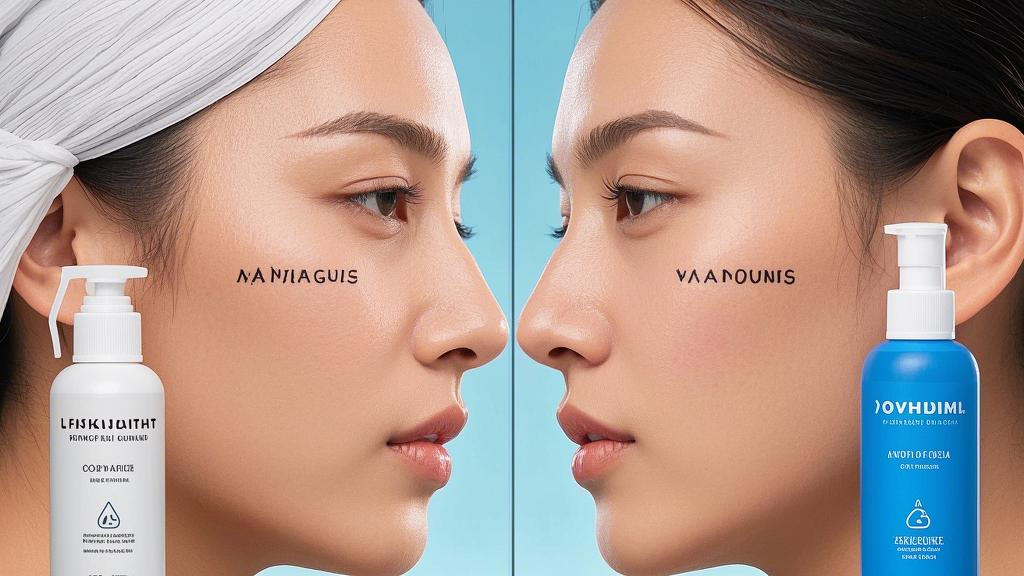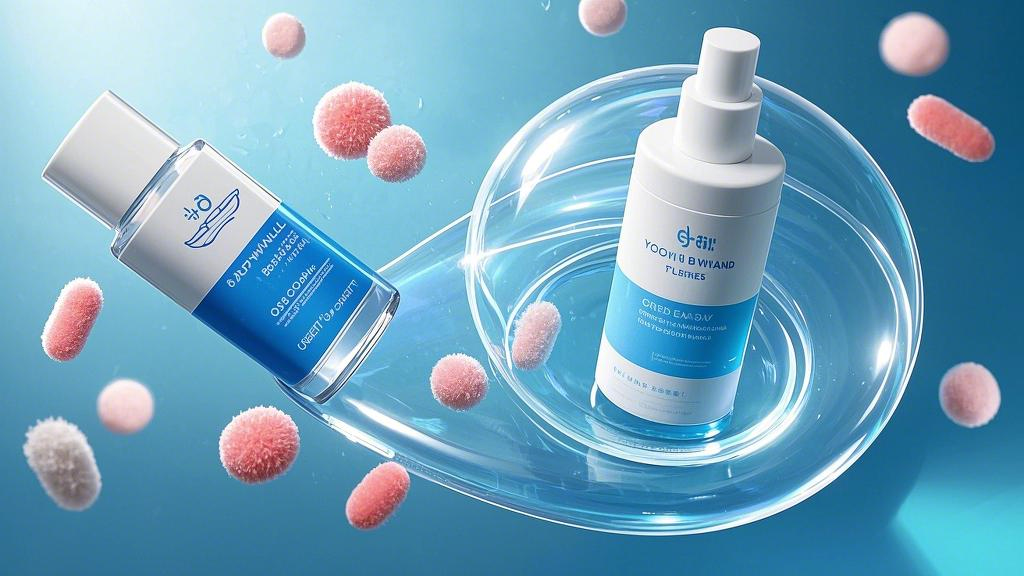In the ever-evolving world of skincare, the ability to decipher product labels and understand ingredient lists is paramount. This article aims to empower consumers with the knowledge to make informed decisions when selecting skincare products, ensuring they cater to their unique skin needs while avoiding potential irritants and harmful substances.

The Importance of Ingredient Awareness
The first step in choosing the right skincare product is to look beyond the marketing claims and focus on the ingredient list. This often-overlooked section holds the key to understanding what you’re applying to your skin. By familiarizing yourself with common ingredients and their effects, you can avoid products that may cause irritation, allergies, or other adverse reactions.
Identifying Harmful Ingredients
Certain ingredients are known to be problematic for various skin types. Here are some to watch out for:
- Methylisothiazolinone and Methylchloroisothiazolinone: These preservatives are highly irritating and can cause allergic reactions. While their use is restricted in the EU, they are still found in some products in other regions.
- Parabens: Common parabens include methylparaben, ethylparaben, propylparaben, and butylparaben. While methylparaben and ethylparaben are considered safe in limited concentrations, propylparaben and butylparaben should be used with caution.
- Formaldehyde-releasing Preservatives: Ingredients like DMDM hydantoin and imidazolidinyl urea release formaldehyde to preserve the product. They can be irritating, especially for sensitive skin.
- Oxybenzone (Benzophenone-3): This sunscreen ingredient can cause contact allergies and is controversial due to potential endocrine-disrupting effects. It’s advisable for sensitive individuals and pregnant women to avoid it.
- 4-Methylbenzylidene Camphor: This sunscreen ingredient is considered hazardous and is not approved by the FDA. It has been linked to thyroid toxicity and hormone disruption.
- Retinyl Palmitate: While effective for anti-aging, this ingredient may harm fertility and fetal development, making it unsuitable for pregnant and breastfeeding women.
Understanding Key Skincare Ingredients

Beyond avoiding harmful substances, it’s essential to recognize beneficial ingredients that address specific skin concerns:
- Vitamin C (Ascorbic Acid): Known for its antioxidant properties, Vitamin C helps brighten skin and reduce the appearance of dark spots. It’s often used in serums and creams.
- Niacinamide (Vitamin B3): This versatile ingredient helps improve skin elasticity, reduce redness, and minimize pore appearance. It’s suitable for most skin types, including sensitive skin.
- Hyaluronic Acid: A powerful humectant, hyaluronic acid attracts and retains moisture in the skin, making it an excellent choice for hydration.
- Peptides: These amino acid chains help stimulate collagen production, reducing the appearance of fine lines and wrinkles.
- Ceramides: Essential for maintaining the skin’s barrier function, ceramides help retain moisture and protect against environmental aggressors.
Tailoring Your Skincare Routine
Understanding your skin type and concerns is crucial in selecting the right products. Here’s a basic guide:
- Cleansing: Choose a gentle cleanser that removes dirt and impurities without stripping the skin of its natural oils. Look for ingredients like glycerin and ceramides.
- Moisturizing: Select a moisturizer that suits your skin type. For dry skin, opt for richer formulations with ingredients like shea butter and squalane. For oily skin, lightweight, non-comedogenic options are ideal.
- Sun Protection: Daily use of a broad-spectrum sunscreen with an SPF of 30 or higher is essential to protect against UV damage. Look for ingredients like zinc oxide or titanium dioxide.

- Targeted Treatments: Incorporate serums or treatments that address specific concerns, such as acne, hyperpigmentation, or aging. Ingredients like retinol, salicylic acid, and vitamin C can be effective.
The Role of Product Formulation
The effectiveness of a skincare product is not solely determined by its ingredients but also by its formulation. Factors such as ingredient concentration, pH level, and delivery systems play a significant role in how well a product performs. It’s essential to choose products from reputable brands that prioritize quality and safety.

Conclusion
Navigating the world of skincare can be overwhelming, but with the right knowledge, you can make informed choices that benefit your skin. By understanding ingredient lists, recognizing harmful substances, and selecting products tailored to your skin type, you can build a skincare routine that promotes healthy, radiant skin. Remember, consistency and patience are key to achieving long-term results.